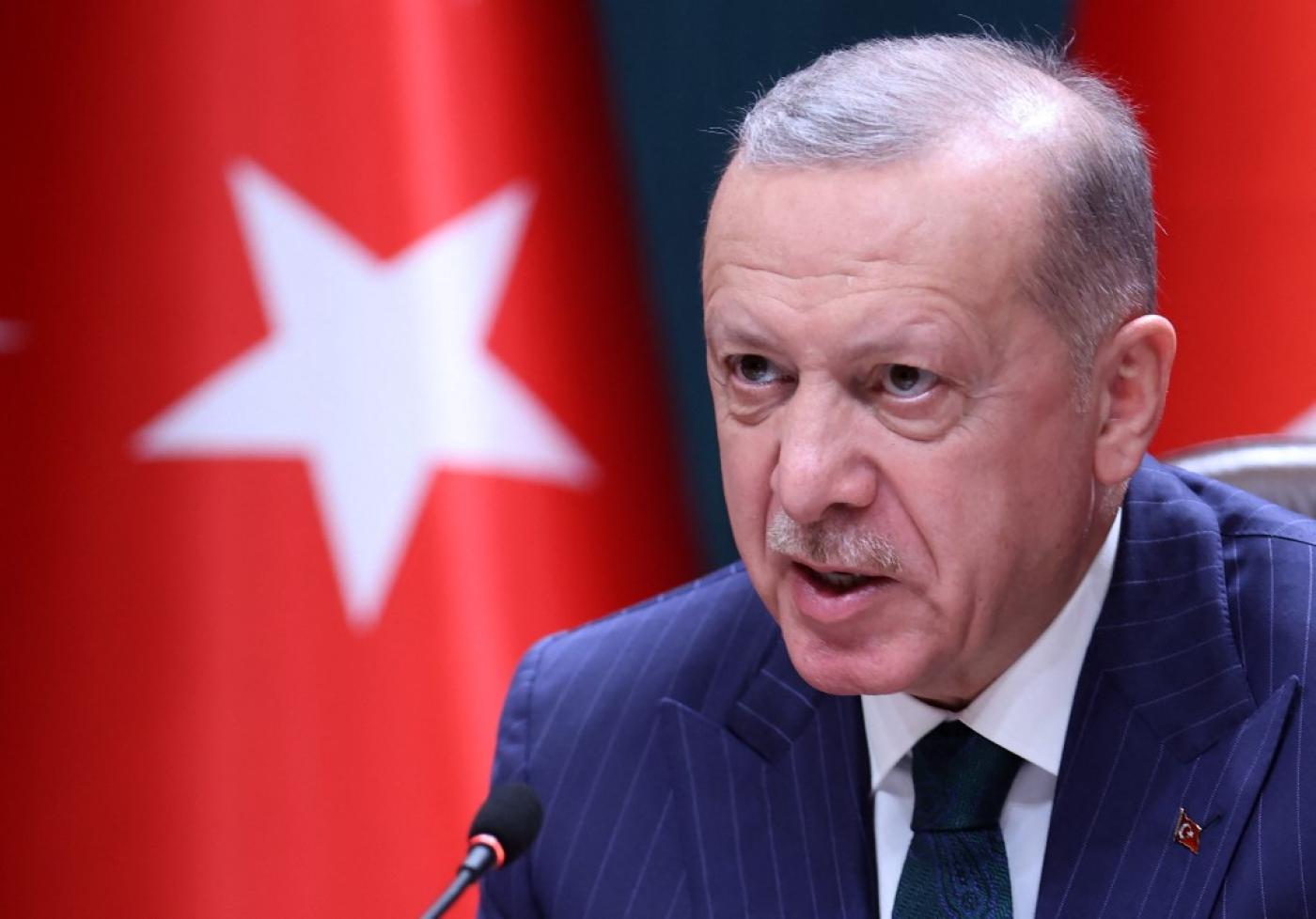Turkey’s presidential election was held on Sunday, and two news organizations reported conflicting partial results. The state-run news agency predicted that President Recep Tayyip Erdogan would win by a slim margin with three-quarters of the ballot boxes counted, while the opposition-leaning news organization predicted a run-off.
After 75 per cent of the ballot boxes had been counted, the state-run Anadolu Agency reported that Erdogan was in the lead with 51% of the vote and his major rival Kemal Kilicdaroglu had received 43%. According to the ANKA news agency, Erdogan defeated Kilicdaroglu by a margin of 48 to 46 percent after votes from 76% of ballot boxes had been counted.
The top two vote-getters will face a run-off on May 28 if no candidate receives more than 50 per cent of the vote.
The opposition claimed that Anadolu had manipulated the results, despite Kilicdaroglu only having a slight advantage over Erdogan with 47.42 percent to 46.80 percent.
Ekrem Imamoglu, the mayor of Istanbul, who campaigned for Kilicdaroglu, claimed that observers from the ruling party “regularly objected” to the results of ballot boxes that showed Kilicdaroglu winning.
For twenty years, Erdogan has presided over Turkey as either prime minister or president. Prior to the election, polls had shown that the increasingly authoritarian leader was just behind his opponent.
The election appeared to be setting up to be the toughest re-election campaign of the Turkish leader’s 20-year rule, with the battle mostly centring on domestic concerns including the economy, civil rights, and a February earthquake that killed more than 50,000 people.
Members of Kilicdaroglu’s state-left, pro-secular Republican People’s Party, or CHP, contested Anadolu’s conclusions, contending that the government-run agency was biased in favor of Erodgan despite the partial results proving the opposite.
Kilicdaroglu, 74, who ran as the representative of a coalition of six opposition parties, tweeted, “We are ahead.”
Kilicdaroglu, who campaigned on a platform of returning Turkey to a more democratic path and repairing an economy damaged by high inflation and currency devaluation, has a chance of unseating Erdogan, 69, in the upcoming election.
Additionally, parliamentarians were chosen to serve in Turkey’s 600-seat parliament, which had little legislative authority following Erdogan’s election to the executive branch. If it prevails in both the presidential and parliamentary elections, the opposition has pledged to convert Turkey’s political system back to a parliamentary democracy.
There were more than 64 million eligible voters, including 3.4 million abroad voters. Turkey became a republic and a modern, secular state on the ruins of the Ottoman Empire 100 years ago this year.
Turkey has a history of high voter turnout, but since a failed coup attempt in 2016, the government has curtailed the rights to free speech and assembly. Erdogan launched a massive assault on state personnel with claimed ties to Fethullah Gulen and pro-Kurdish politicians after attributing the failed coup to the followers of the cleric and erstwhile ally.
The elections were viewed as a test of a united opposition’s potential to unseat a leader who had centralized practically all state authority in his hands and attempted to increase his influence on the international scene.
Erdogan assisted in mediating a deal between Ukraine and Russia that permitted Ukrainian grain to travel from Black Sea ports to the rest of the world despite Russia’s conflict in Ukraine. The deal is about to expire, so Turkey sponsored negotiations last week to extend it.
Finland and Sweden applied for membership in NATO as defense against future Russian aggression as a result of the war in Ukraine. Erdogan, meanwhile, has halted Sweden’s membership in the alliance and sought concessions, contending that country was too tolerant to pro-Kurdish organization members and followers of the American-based preacher, whom Turkey views as a threat to national security.
The president’s harsh leadership style, according to detractors, is to blame for the excruciating cost-of-living crisis. According to the most recent official statistics, inflation is currently at 44%, down from a peak of 86%. The opposition adopted the onion as a campaign emblem to raise awareness of the price of vegetables.


Comment here